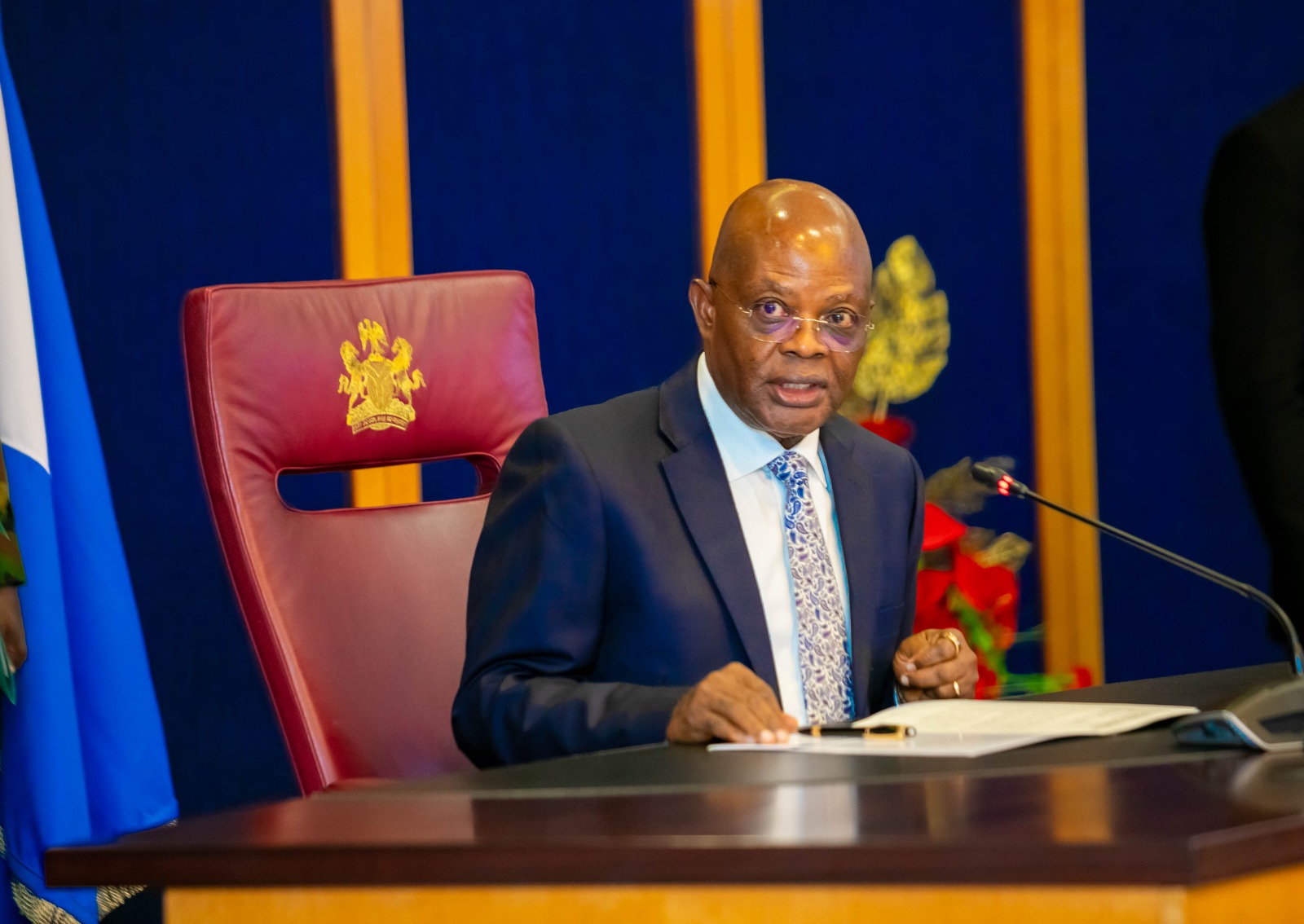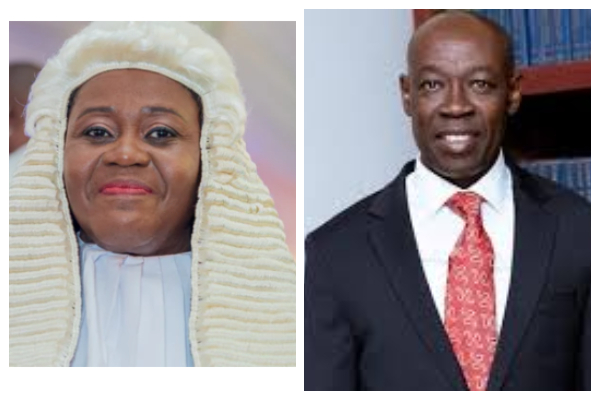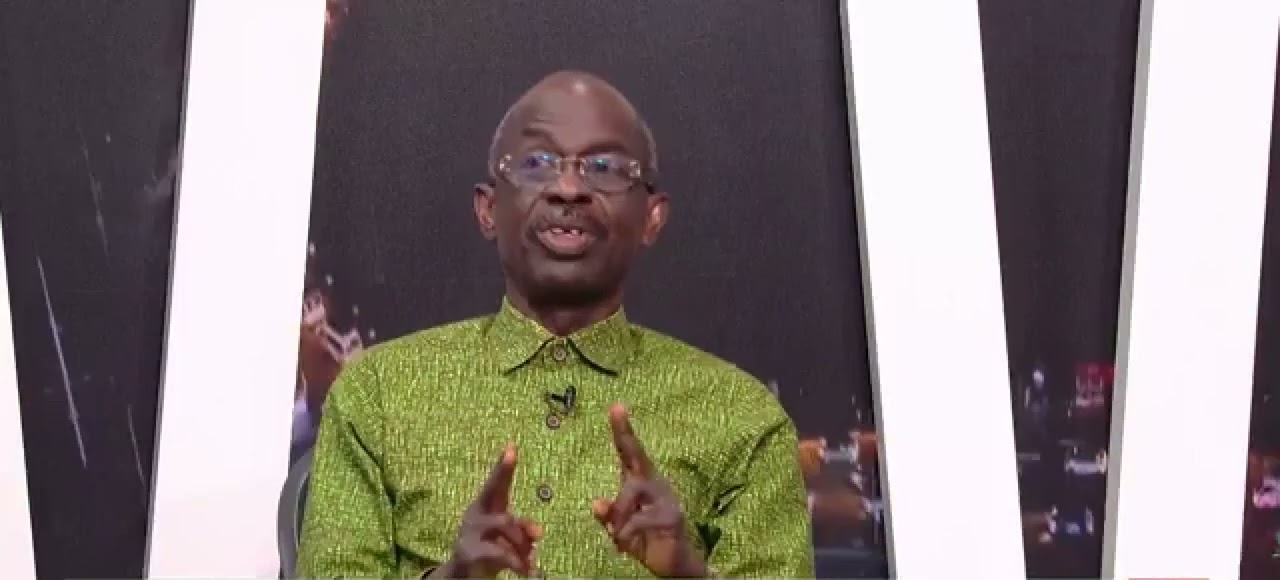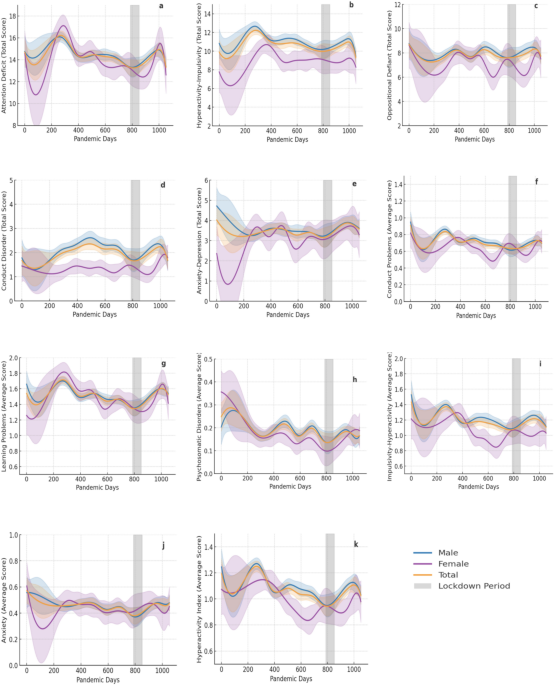From neurodivergent child to PhD candidate - Okyeame Kwame's triumph over dyslexia - MyJoyOnline
Celebrated musician Okyeame Kwame has revealed that beneath his lyrical genius lies a quiet battle, one that started in childhood classrooms where he was misunderstood, mislabeled, and punished for a condition no one could name.
Speaking on Joy Prime’s Prime Time Show with George Quaye on Wednesday, June 25, the rap icon opened up about growing up neurodivergent, living with undiagnosed dyslexia, and the intense personal drive that has taken him from academic ridicule to the cusp of a PhD.
“I was one of those kids on the spectrum,” the musician said.
“I couldn’t read or write properly, and it wasn’t diagnosed. So I was beaten at home, beaten in school—during dictation, during lessons—because I was seen as lazy or stupid.”
But far from holding him back, Kwame says his neurodivergence became his motivation.
“Even though I had difficulty in learning, even though my brain wasn’t wired for the traditional system, I’ve done two master’s degrees, and I’m now working on my PhD. I just do it for myself—to tell myself I wasn’t stupid.”
Kwame, whose real name is Kwame Nsiah-Apau, credits his late father as both his fiercest critic and most enduring influence.
“He didn’t agree with me doing music at first. We fought a lot when I was 14 to 16. But then he saw me perform once, and he made me promise, no matter how far I go with music, I must still go to school. Two years later, he died. Since then, I’ve kept that promise. I go to school for him. And for myself.”
Despite being an accomplished artist, Kwame said he ultimately sees himself ending his journey as a teacher.
“That’s where my love is. I taught at Meduma in the Kwabre East District after A-levels, and I loved it. I want to end up teaching philosophy, psychology, sociology—or even the philosophy of African music—at a university.”
Describing his learning condition as both a superpower and a challenge, Kwame called for greater understanding of children with learning difficulties in Ghanaian schools.
“Some kids have dyslexia, some dyscalculia. They’re not stupid. Their brains just work differently. But we beat them, punish them, shame them—because we don’t understand. That has to change.”
The Views, Comments, Opinions, Contributions and Statements made by Readers and Contributors on this platform do not necessarily represent the views or policy of Multimedia Group Limited.
The Views, Comments, Opinions, Contributions and Statements made by Readers and Contributors on this platform do not necessarily represent the views or policy of Multimedia Group Limited.








:max_bytes(150000):strip_icc()/Parents-MomLookingatComputerWithDaughter-1119969431f546699d7de62781f596d4.jpg)



